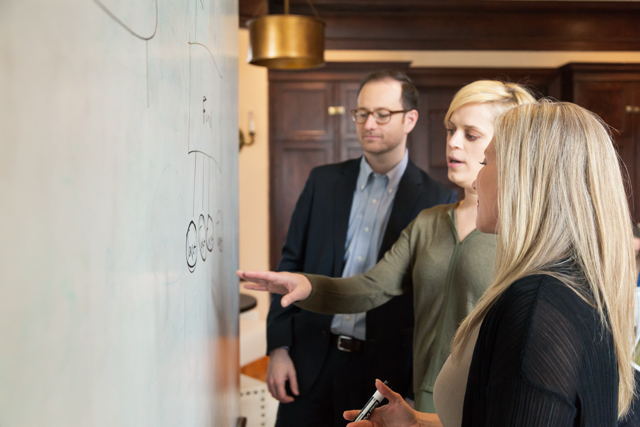Litigation. This broad topic may refer to a year-long lawsuit ending with a short bench trial or a multi-year lawsuit culminating in a lengthy million-dollar jury trial. A party engaged in litigation for the first time may be surprised by the expense and duration of a lawsuit, while even an experienced litigant may not expect some of the twists that arise during the case.
This blog series will cover some key stages of a lawsuit and discuss important steps you should take at those points in a case. Understanding the various stages of a lawsuit can prepare a client mentally and financially while putting the client in the best position for a favorable outcome. For instance, as discussed in this initial post, having an initial plan to gather and preserve evidence is an important step for avoiding pitfalls and prevailing in a lawsuit.
Stage One of a Lawsuit – Investigation and Evaluation
For many individuals and businesses, progressing through a lawsuit is a mystery. It is natural to underestimate the importance of giving a case the appropriate amount of attention needed to be successful. This is particularly true in the early stages when a client may think they merely need to turn the lawsuit over to a lawyer and then wait for further instructions. When facing a potential or new lawsuit, immediate steps should be taken to defend and evaluate the case properly.
In general, it is important to identify all documents and sources of information relevant to the lawsuit. Besides using that evidence to support your claims and defenses, it is of the utmost importance to identify and preserve any documents in the client’s possession or control that could be relevant to the issues in the lawsuit. This is necessary to avoid an opposing party’s accusations that information was not preserved. A Judge may impose sanctions when documents are not held after a lawsuit commences, and performing necessary work upfront can avoid dire consequences.
A client should therefore talk to any employee or individual who knows where relevant information may be saved. Often, meeting with a lawyer and discussing the relevant documents and sources of information will assist in identifying the necessary documents and information. Depending on the individual or entity, the origins of information could be expansive and require a time-consuming search. For instance, identifying and collecting all relevant e-mails can be a monumental task for certain clients when e-mails apply to a claim. In some cases, an outside expert can be used to collect a client’s electronically stored information.
Along with identifying all relevant documents and information, it is just as important to identify a client’s witnesses at the commencement of the case. If interviews of those witnesses are delayed, the witnesses’ memories may begin to fade, and important information may be lost. These witnesses may also identify documents or witnesses necessary for defending the case.
The initial comprehensive document search and interviews are also pivotal to analyzing the case and allowing the client’s attorney to provide evaluations to guide the future course of action. As part of an evaluation of the potential for prevailing and the potential bad outcomes that could occur, a client should not hesitate to request that the attorney provide a budget for legal fees and expenses that could be incurred before trial. Even if a favorable outcome is likely, a client may not desire to spend the estimated legal fees to reach that outcome, and early settlement discussions with the opposing party could be appropriate.
In our next litigation blog post, we will discuss other aspects of the early stages of litigation.










